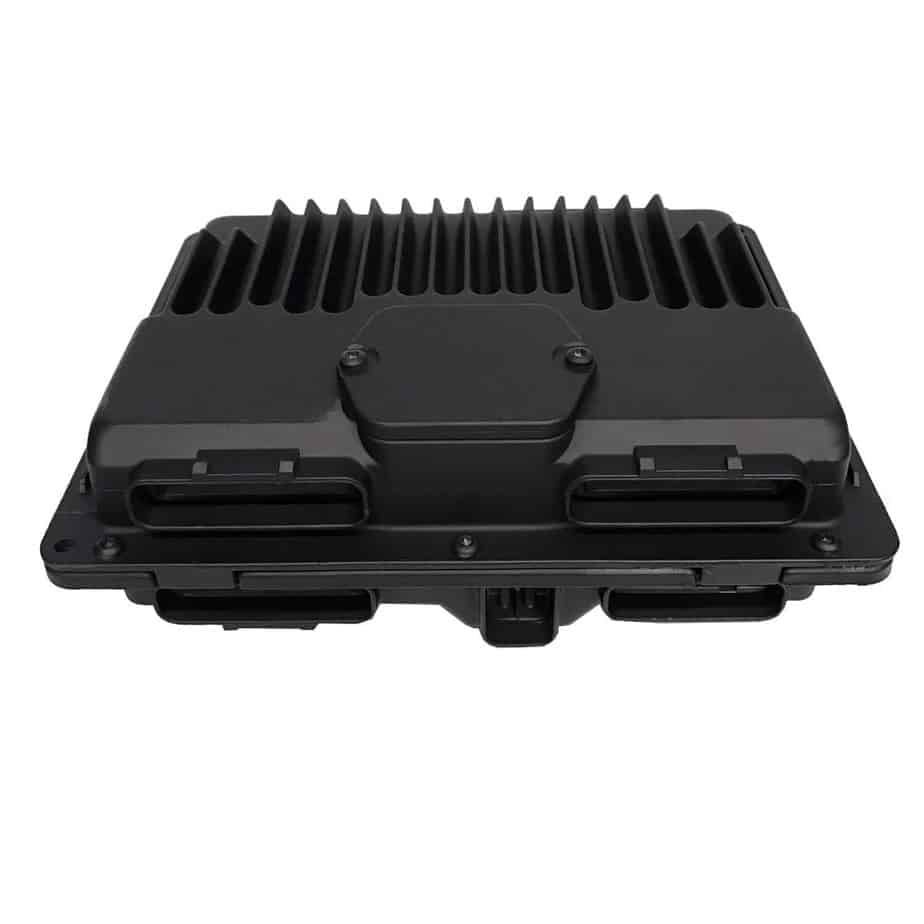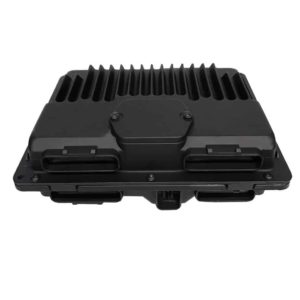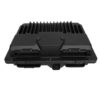Is Your 1998 Express 2500 Running Rough? Let’s Get It Fixed.
As a technician with over two decades of wrench time, I’ve seen my fair share of 1998 Chevy Express 2500 vans roll into the bay. They’re workhorses, but when the Powertrain Control Module (PCM) starts to fail, it can create some of the most frustrating and hard-to-diagnose problems. You might be dealing with a van that stalls for no reason, shifts erratically, or has a check engine light that just won’t go away, no matter what parts you throw at it. These are classic signs that the brain of your vehicle’s engine and transmission management system is on its way out.
Over the years, the constant heat cycles under the hood, vibrations, and simple age can cause internal components on the PCM’s circuit board to fail. This isn’t something you did wrong; it’s a common failure point on these GM vehicles. The result is a cascade of confusing issues that can leave even seasoned DIYers scratching their heads.
Common Symptoms of a Failing 1998 Express PCM
If your Express 2500 is experiencing any of the following, a faulty PCM is a very likely culprit. I’ve personally traced these symptoms back to the PCM hundreds of times on this exact platform.
- ✔ No-Start or Hard Starting: The engine cranks but won’t fire up, or takes an excessively long time to start, especially when warm. This is often due to the PCM failing to properly command the fuel injectors or ignition system.
- ✔ Erratic Transmission Shifting: You might feel harsh shifts, delayed engagement into gear, or the transmission getting stuck in one gear (limp mode). The PCM controls the transmission solenoids, and a failure here directly impacts drivability.
- ✔ Check Engine Light with Vague Codes: Seeing codes for multiple different sensors (like O2, MAP, or TPS) all at once can be a red flag. It’s often not the sensors themselves, but the PCM misinterpreting their signals.
- ✔ Poor Fuel Economy and Performance: A failing PCM can’t accurately calculate the air-fuel mixture, leading to a noticeable drop in MPG and a feeling that the van is sluggish and down on power.
- ✔ Unexplained Stalling: The engine dies suddenly while driving or at an idle, often without warning.
Expert Pro Tip: Don’t Chase Ghosts
Before you replace another sensor, check your PCM. A common scenario I see in the shop is a customer who has already replaced the O2 sensors, the MAF sensor, and even the spark plugs, yet the problem persists. The real issue is that the PCM’s internal drivers that read these sensors have failed. A new PCM is often the root cause solution, saving you hundreds in unnecessary parts and labor.
The Right Solution: A VIN-Programmed PCM
This isn’t just a generic, off-the-shelf part. This is a replacement Powertrain Control Module, part number 09355699 (also compatible with 16250279 and 09366810), that we program specifically for YOUR 1998 Express 2500. When you place your order, you’ll provide us with your Vehicle Identification Number (VIN). We use that VIN to load the exact GM-certified software your van was built with, including any subsequent updates that improve performance and reliability.
This VIN-specific programming is critical. It ensures the PCM communicates perfectly with your van’s specific engine (5.0L, 5.7L, etc.), transmission type, and emissions equipment. Bypassing this step with a junkyard module is a recipe for more problems.
Installation and Getting Back on the Road
Replacing the PCM is a straightforward job. On most of these vans and the compatible trucks listed below, you’ll find it in the engine compartment, typically on the driver’s side. Simply disconnect the negative battery terminal, carefully unplug the large electrical connectors from the old module, unbolt it, and install the new one in its place. Once everything is reconnected, you may need to perform a simple security relearn procedure (often called a Passlock relearn), which allows the new PCM to recognize your vehicle’s anti-theft system. This procedure is easily found online and typically involves turning the key on and off in a specific sequence.


